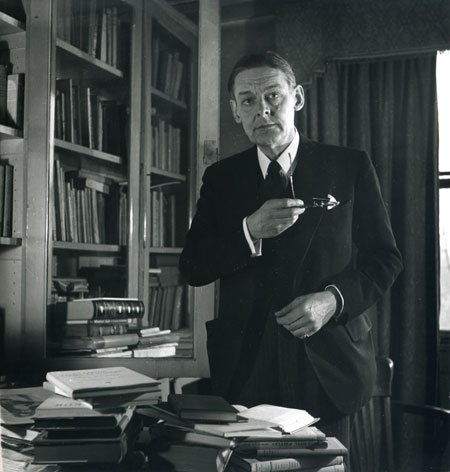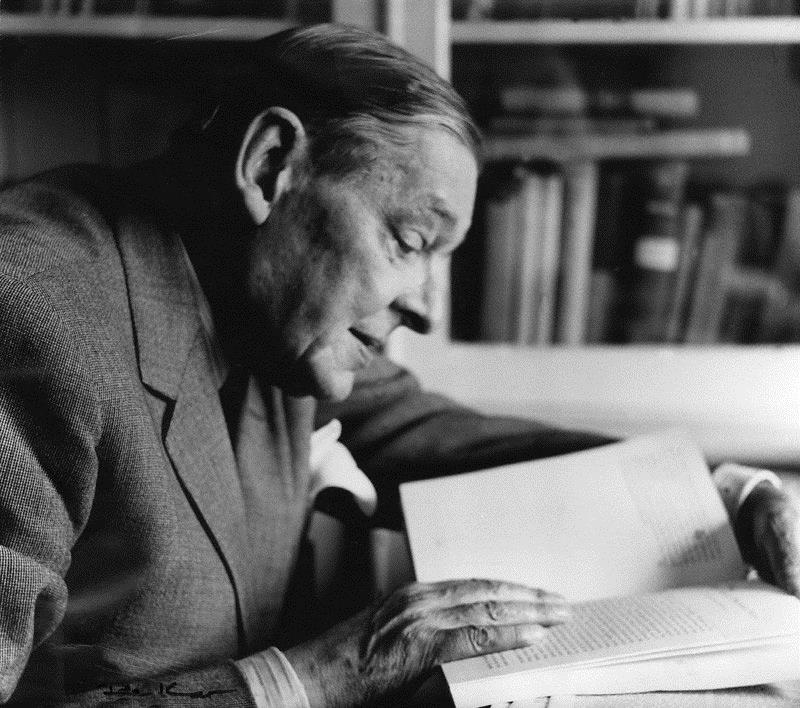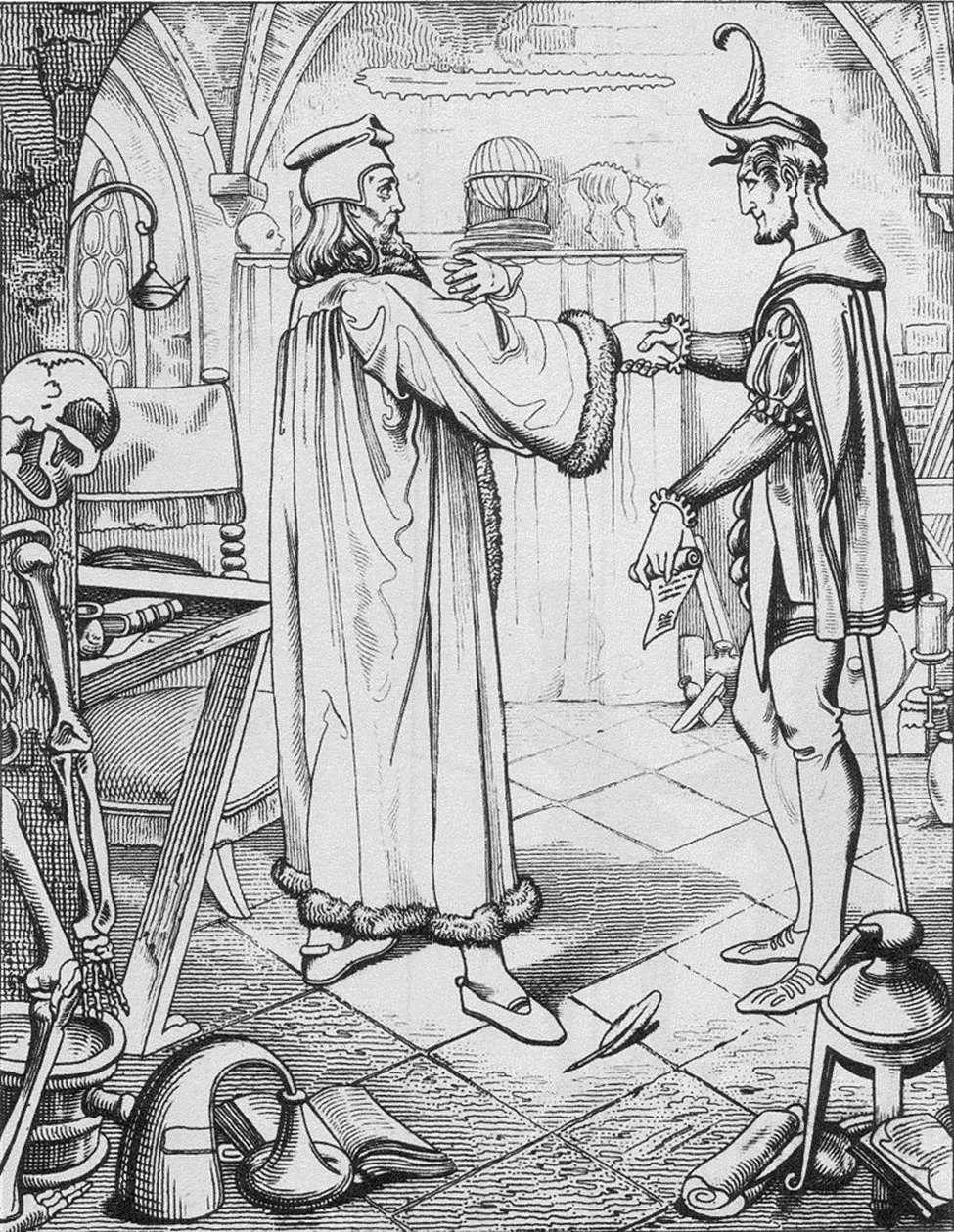T.S. Eliot and the Culture of Critique, Part Two

‘We must discover what conditions, within our power to bring about, would foster the society that we desire. … Reasons of race and religion combine to make any large number of free-thinking Jews undesirable.’
T.S. Eliot, After Strange Gods, 1934.
One of the most striking features of Julius’s T.S. Eliot, Anti-Semitism, and Literary Form is that it is no mere literary critique. This basic and relatively short work is a multi-pronged and vicious ad hominem masquerading, with odious pretentiousness, as criticism. Eliot, the man, is attacked in multiple, often scurrilous, forms throughout.
These are subtle attacks, perpetrated under the cover of a flimsy, indeed petulant, thesis. This thesis, such as it exists, is two-dimensional. Summed up, it consists of two basic arguments. The first is that Eliot drew on “anti-Semitic” themes for some of his poetry, themes that were characterized by their disdainful attitude towards Jews. The second is that “anti-Semitism” was an intrinsic part of Eliot’s art, and therefore Eliot himself was ‘anti-Semitic.’ Of course, in and of itself, the accusation that Eliot wasn’t fond of Jews is hardly damning. However, in the hands of Jewish ethno-activists the accusation of “anti-Semitism” is often loaded with deeper and more insidious aspersions. As such, the thesis and the ad hominem nature of its arguments and content are bound up intricately via a single common thread: Julius’s own corrupt understanding of what “anti-Semitism” is.
Julius’s professed understanding of anti-Semitism is identical to that of other Jewish ethno-activists. In this perception, “anti-Semitism” is a mixture of “incoherent” discourses riddled with “internal contradictions.”[1] It arises, at worst, in the sick, irrational mind. At best, it develops ex nihilo, since, as Julius puts it, “no external factor can induce it.”[2] In this remarkable psychological bubble, Jews are entirely blameless. Ever passive, they lack all agency. They exist merely to register the irrational mental undulations of “the nations,” that confused, miasmic mass of humanity they have been tasked by Jehovah to act as a “light unto.” The problem with such a perception, of course, is the existence of an overwhelming amount of contradictory evidence. Read more







